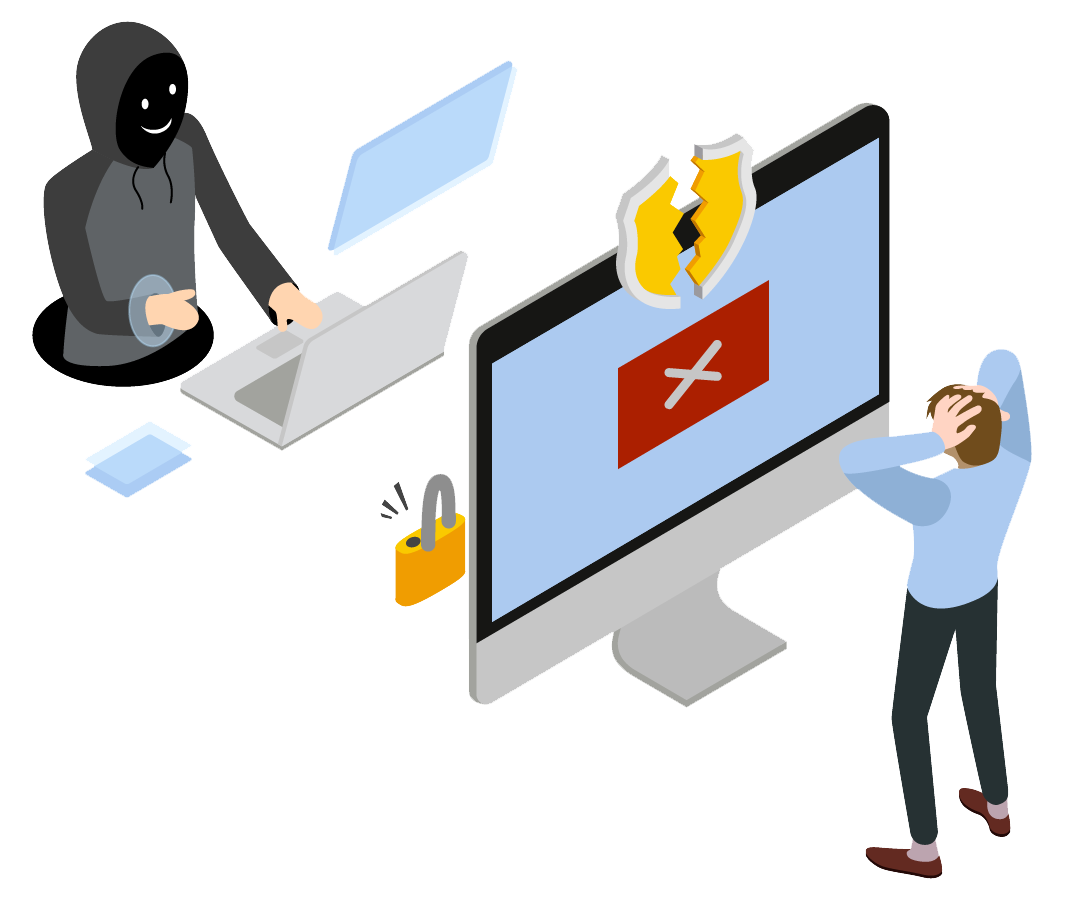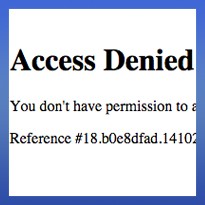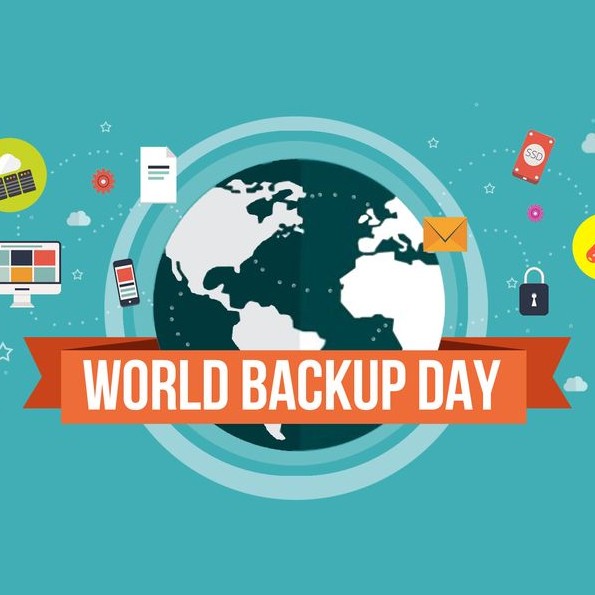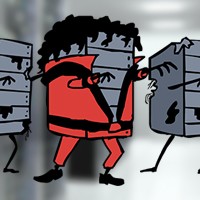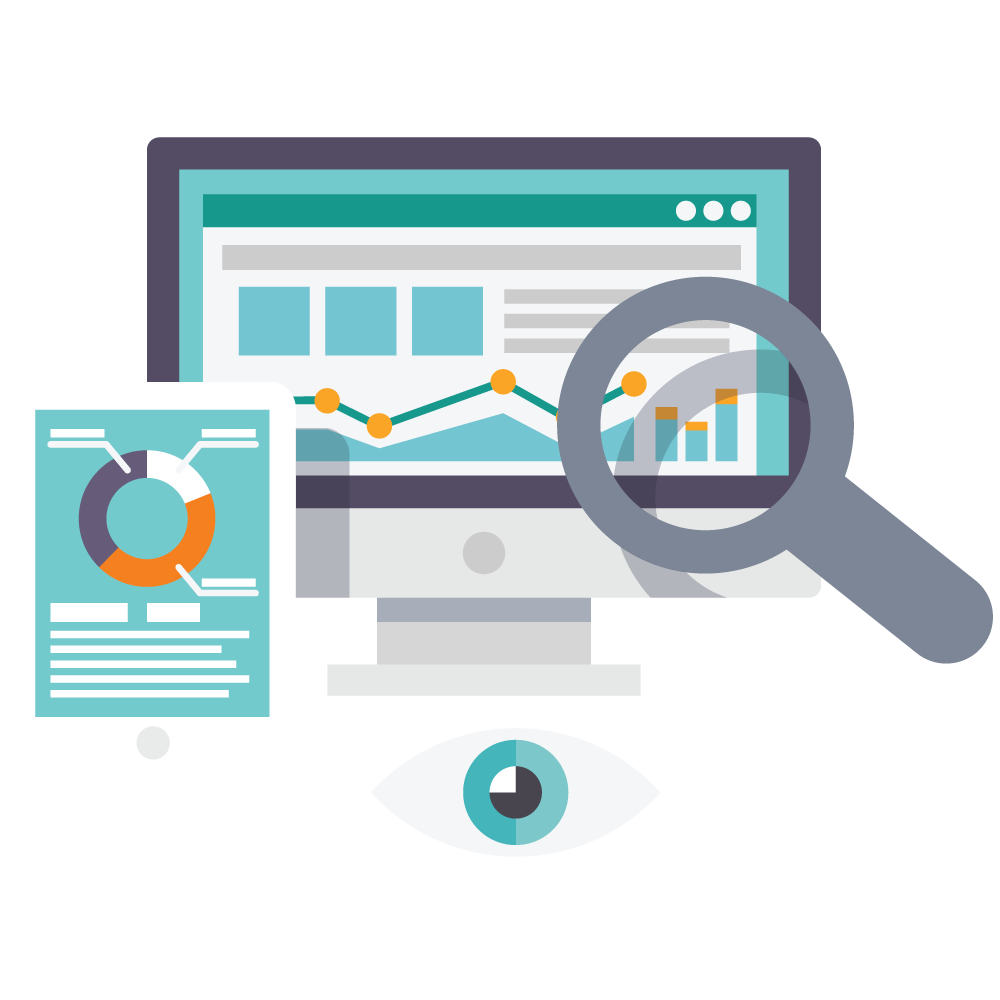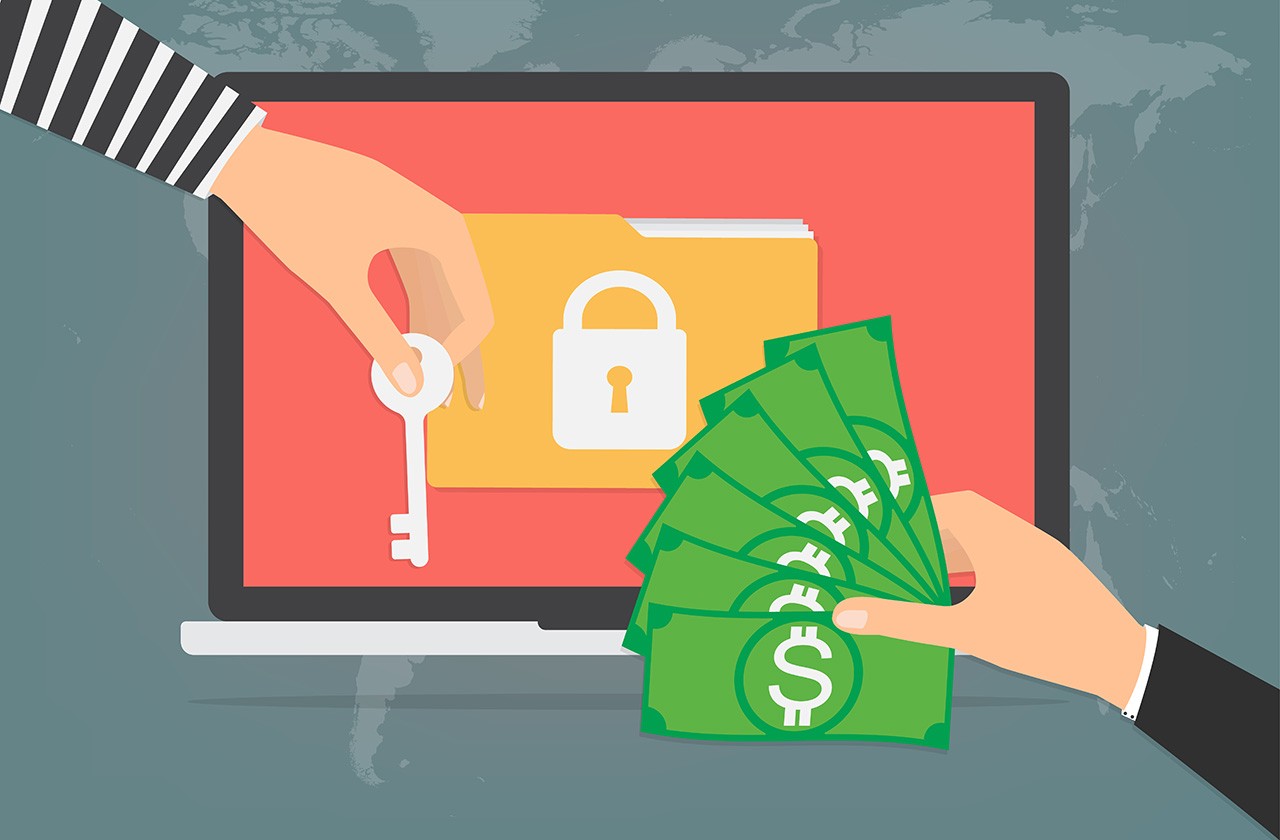There is a recently discovered Office 365 vulnerability that takes advantage of a flaw in Microsoft’s security, including it’s advanced services (ATP, Safelinks, etc). The method, called baseStriker, allows hackers to split malicious links into two separate types and lines of code to disguise its content. Microsoft’s security system currently scans the two incomplete links individually and is thus unable to identify them as malicious.
National Small Business Week is April 29 to May 5! According to the United States Small Business Administration, "more than half of Americans either own or work for a small business, and they create about two out of every three new jobs in the U.S. each year."
You and other small and medium-sized business owners play a critical role in the American economy. That makes your network a prime target for hackers. This National Small Business Week, take a moment to reflect on the role technology plays in your company.
Small and medium-sized business owners must take every precaution against cyberattacks, and World Backup Day is the perfect time to assess the cybersecurity tools in your arsenal. In the current high-threat environment, it is good for business to add as many layers of digital protection as possible. That’s where File Folder Sharing (FFS) comes into play.
January 28 is Data Privacy Day, and the New Year is the right time for implementing resolutions and fresh starts. Have you resolved to be more vigilant in 2018? Your small business cannot afford to overlook the dangers posed by hackers who are getting more sophisticated every year. But how do you know if you’ve been hacked?
Do you know every web application your employees are using? There is a high probability that your workforce is utilizing many devices and applications without explicit approval. Collectively, these programs and devices are called Shadow IT. Shadow IT is essentially any application employees download or IT service they sign up for without vetting by your IT team. There was a time in business when any piece of software would go through a thorough vetting process. These days, times have changed.
Have you ever heard that loud rumbling noise coming from your server room? Is it your IT infrastructure hard at work helping you to increase profits or is the sound of the “zombie” server? A zombie, or comatose, server is a physical server that is running but has no external communications or visibility and contributes no computer resources; essentially it consumes electricity but serves no useful purpose. For something you have most likely never heard of; it is a big problem.
Ransomware attacks continue to make headlines therefore, being proactive is critical. Hospitals, universities, SMBs and even government offices have found themselves a victims of these attacks. You must take every precaution against Ransomware attacks, especially as they become more and more frequent. In this climate of threats, it is necessary to add as many layers of protection as possible. That’s where File Folder Sharing (FFS) comes into play.
Keeping your organization running smoothly and moving forward can sometimes feel like a juggling act. Personnel issues, supply chain snags, and long term planning; your days can just fly by. It is tempting to just put your IT network in the back of your mind and only deal with it when problems arise. However, unless you have performed a full Network Assessment you could be heading for trouble.
A Network Assessment is a complete review of all your organization’s existing IT infrastructure, security protocols, management, and performance. Once you have a comprehensive view of the state of your IT, you will be able to identify areas of improvement and make strategic business decisions. Don’t wait until you are contemplating a big project or until your organization has grown to the point that you aren’t quite sure of exactly what is going on throughout your network; by being proactive, problems will be caught early, solutions found, and your network’s performance can be tracked over time.
The four main areas a Network Assessment will help identify:
- Weaknesses in your cyber security protocols that need immediate attention to avoid any adverse impacts to your operations and networks.
- Overused or underused technology resources. The technology needs of your teammates can differ widely and some departments may require more network resources than others. By looking at your entire system you will be able to optimize your resources.
- Bandwidth bottlenecks. As more and more organizations move their operations into the cloud, more bandwidth is oftentimes required. Streaming videos, running programs, and downloading files can all slow down your network.
- Advantages and potential problems of rolling out new technologies. A full Network Assessment will allow you to plan for your future technology needs by identifying how any changes will fit into your current framework. What should the timeline for any improvement be? What integration points do you need to keep in mind or prepare for? With a full Network Assessment, you can employ a strategic approach to your technology plans rather than just keeping up with your organization’s needs.
A full Network Assessment is key to any comprehensive technology strategy. Don’t drop the ball when it comes to your IT. Your technology is too important for you to ignore. Get Techworks Consulting, as your IT partner. We will perform a Network Assessment across your entire IT environment. Together, we will map out a course that will continue to move your organization forward.
Stop trying to juggle your IT needs! Contact Techworks Consulting!
Cryptolocker, Wannacry, CryptoWall, Locky, Winlocker, and KeRanger, the news has been full of these scary sounding programs. Ransomware can strike fear into the heart of any office manager and business owner. Once your organization becomes the victim of a Ransomware attack you will be facing sleepless nights, technology headaches, and days or weeks of trying to untangle the damage the hack has caused. By now, most people know the best way to handle a Ransomware attack is to avoid one in the first place; by installing the latest patches and software updates, educating end users to avoid clicking on unfamiliar links, and not connecting to public Wi-Fi. While many people are gaining an understanding on how to prevent an attack; most have a limited idea of what exactly Ransomware is. Ransomware is a type of malware. Instead of corrupting or deleting your files or poking around in your systems to gain information about your organization; this malware locks you out of your system or denies you access to your data unless you pay the hacker a ransom.
Now that it's getting warm again, it's time to do some spring cleaning. That shouldn't just mean your home, but also your business. When was your last Comprehensive Network Assessment?
Our first step is to develop a full understanding of your business needs, present environment, security needs, and growth plans. We continue the assessment with a thorough evaluation of your network to find factors that may be detrimental to your business’ productivity.
We want to make sure your network is running at industry best practices. Call us today (631) 285-1527 to set up a consultation.
 Imagine you got an e-mail from your CEO asking you to wire money to a new vendor account. This is an unusual and out-of-character request, but he's your boss so you shrug it off and wire the money. The next day your CEO says he never sent you anything. Turns out, his e-mail was spoofed and that money was stolen.
Imagine you got an e-mail from your CEO asking you to wire money to a new vendor account. This is an unusual and out-of-character request, but he's your boss so you shrug it off and wire the money. The next day your CEO says he never sent you anything. Turns out, his e-mail was spoofed and that money was stolen.
Security: Without critical browser security updates, your PC may become vulnerable to harmful viruses, spyware, and other malicious software which can steal or damage your business data and information.
Lack of Independent Software Vendor (ISV) Support: Many software vendors no longer support older versions of Internet Explorer. For example, Office 365 takes advantage of modern web standards and runs best with the latest browser.
Compliance: Businesses that are governed by regulatory obligations such as HIPAA should conduct due diligence to assess whether they are still able to satisfy compliance requirements using unsupported software."
 Your identity has quite a lot of value, especially in the wrong hands. Security firm ZoneAlarm put together some numbers in 2011 concerning identity fraud, and it even shocked us. Let's talk about a few of these statistics and what it means.
Your identity has quite a lot of value, especially in the wrong hands. Security firm ZoneAlarm put together some numbers in 2011 concerning identity fraud, and it even shocked us. Let's talk about a few of these statistics and what it means.
 When you mention the term 'disaster recovery,' most people think about the big ground-shattering events like earthquakes, fires, floods, tropical storms, etc. While these natural events are certainly disasters and devastating in their own right, smaller things can constitute as a disaster for your business, and they aren't seasonal.
When you mention the term 'disaster recovery,' most people think about the big ground-shattering events like earthquakes, fires, floods, tropical storms, etc. While these natural events are certainly disasters and devastating in their own right, smaller things can constitute as a disaster for your business, and they aren't seasonal.

